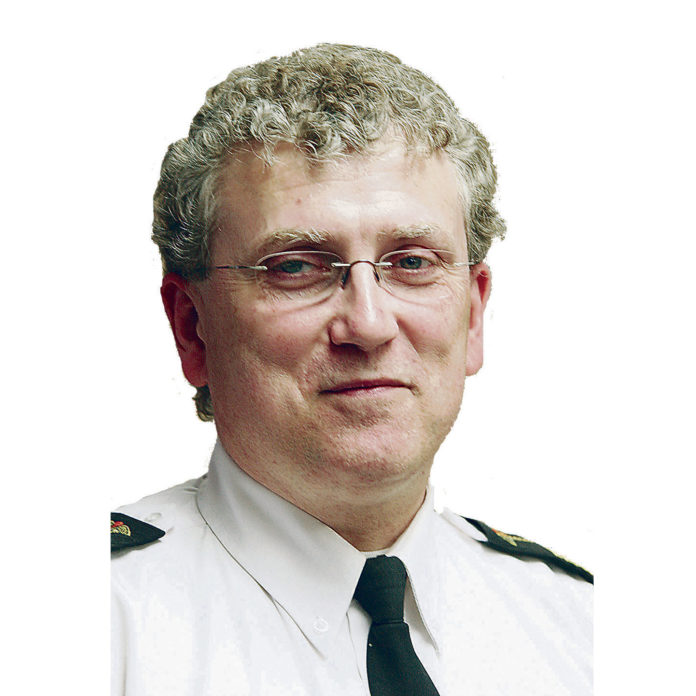by Lyle Karasiuk
Mother always said eat your vegetables; drink plenty of fluids when you have a cold; get plenty of rest and don’t forget to exercise too! But despite our mother’s best advice we still get sick, injuries still happen, and hopefully we won’t, but we might need to visit the hospital emergency room. In the case of an emergency knowing what to do can make the difference and prevent things from getting worse. Knowing what not to do is just as important. It’s important to remember that taking a basic first aid class will give you the knowledge and skills you need to be safe at home, work or in the community. Visit our web sites for upcoming courses.
When a serious medical emergency does occur, it is important to act quickly. Time is crucial. When in doubt always seek medical advice! But what is a serious medical emergency:
- Chest pain or a cardiac arrest
- Difficulty breathing or not breathing
- A sudden, severe, or unexplained headache
- Frequent vomiting or diarrhea
- A large cut or wound
- A motor vehicle collision
- An industrial incident
- Unconscious state
- Overdose or poisoning
- A fall of great height
- Broken bones
When a serious medical emergency does occur calling 9-1-1 for the paramedics is important. The mobile health care team at Parkland Ambulance will quickly respond to your request for assistance. Bring the emergency room to your door, essential treatments can be started to improve the injured person’s health; stabilize the injured body part; or control the pain till further definitive care is available in the hospital emergency room. Here are a few simple tips you can do to prevent injuries or prevent injuries from getting worse while help is coming.
- In case of a fall where you suspect a head, neck, back injury, do not move the person. Keep them warm and get help.
- If the person may have injured a large bone like the upper part of their leg or hip, don’t try to move them and get help.
- If the person collapses to the floor and their whole-body shakes, do not try to open their mouth and jam anything into it. Do not hold them down but protect their head with some padding.
It’s important that you act to prevent emergencies in your home or workplace by:
- picking up obstacles like toys or tools
- keeping chemicals in the original container and safely stored
- get proper training in first aid and CPR – see us for the next course
- Make sure you are trained before using unfamiliar equipment and always read the instructions
- Get regular physical check ups from your family physician
- When taking medication especially antibiotics follow the instructions carefully and finish all the medication even if you are feeling better.
- Post emergency numbers beside each telephone – plan safety drills – post directions to your home by each telephone if you live out in the rural areas
While waiting for paramedics there are things you can do to help the person who is ill or injured.
- Keep them comfortable
- Follow the instructions from the emergency medical dispatcher to start basic first aid.
- Put away pets and turn on the outside lights
Remember that with the pandemic many medical services such as doctors visit maybe remote or virtual. Not sure if your illness or injury requires a trip to the doctor? You can call 8-1-1 first. The 8-1-1 team will provide you with some direction. Being prepared with home remedies like Tylenol and a first aid kit, can be useful items. Add these to this week’s grocery list. Please feel free to give us a call if we can answer your questions or assist with any training needs including virtual demonstrations. Be Safe!


